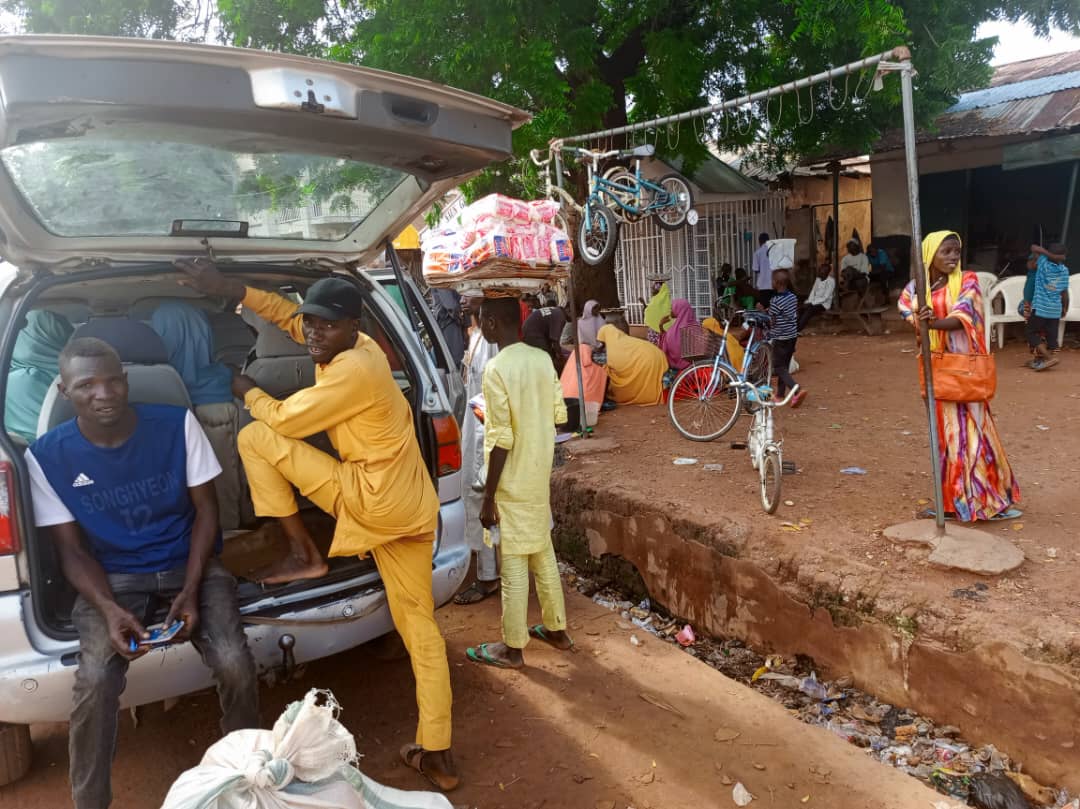The fate of Yobe street hawkers after subsidy removal
Story from Kasim Isa Muhammad
Months after President Bola Ahmed Tinubu announced the removal of fuel subsidy, the streets of Yobe reflect the struggles faced by the common man especially street hawkers.
Rising fuel prices have impacted both petrol and food costs, affecting livelihoods. Neptune Prime’s encounters with these hawkers paint a grim picture.
Muhammad Sambo, a young vendor selling boiled eggs, shared how his daily sales dropped drastically. What used to be four crates of eggs a day now struggle to even sell a single crate, leaving his family hungry.
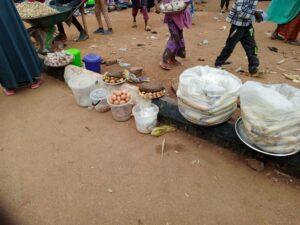
He expressed, “Seven months ago, I used to sell four crates of eggs a day, and we used to make a good profit. But now, it’s hard for me to even sell a single crate of eggs because people are complaining that there is no money.”
He added that his mother depends on this income to feed them, especially since his father passed away a long time ago, while emphasizing that he and his younger siblings used to go to bed without food often.
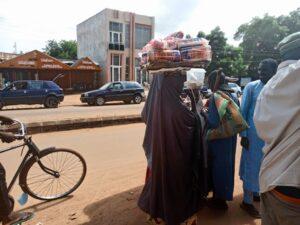
Also, an impoverished child selling water outside a hospital gate in Potiskum shared a similar tale, mentioning dwindling sales and how education became an unaffordable dream due to financial strain.
He stated, “The business is struggling now; selling a bag of pure water feels like a thing of history for us. People are no longer patronising us, and our situation is terrible.”
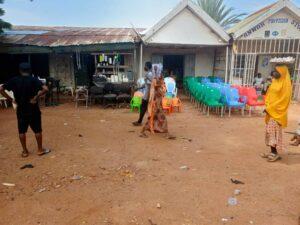
He lamented that he can no longer attend school due to his parents’ inability to afford his tuition fees.
Similarly, Garba Aliyu, a young bread seller, reflected on his past profits, recalling making up to N3K a day.
However, the subsidy removal has changed his fortune, and making even N1K is now an uphill task.
Hauwa Ibrahim, who sells local Awara, revealed that while the business continues, profits have diminished due to soaring commodity prices.
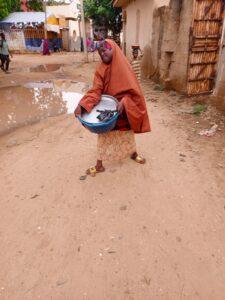
Neptune Prime’s interviews with other street hawkers revealed diverse concerns, yet a common thread of challenges emerges among them.
The removal of subsidies has amplified economic hardships, touching lives in profound ways across Yobe.
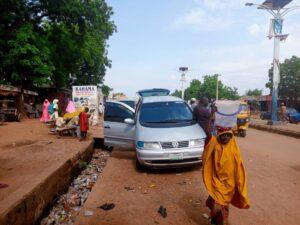
What the Yobe State Government doing to handle the situation?
The administration of Mai-Mala Buni has distributed 10kg of rice, 12.5kg of beans, maize 10kg, spaghetti, salt, and seasoning to 500 people with disabilities last month in July.
Also, the governor has directed the newly constituted Committee on Palliatives to mobilise resources for immediate distribution to cushion the effect of the fuel subsidy removal.
After the removal of petrol subsidy on 29 May 2023, during President Tinubu’s inauguration, Neptune Prime gathered that the development has caused hardship for many Nigerians with its attendant increase in the prices of goods and services.

